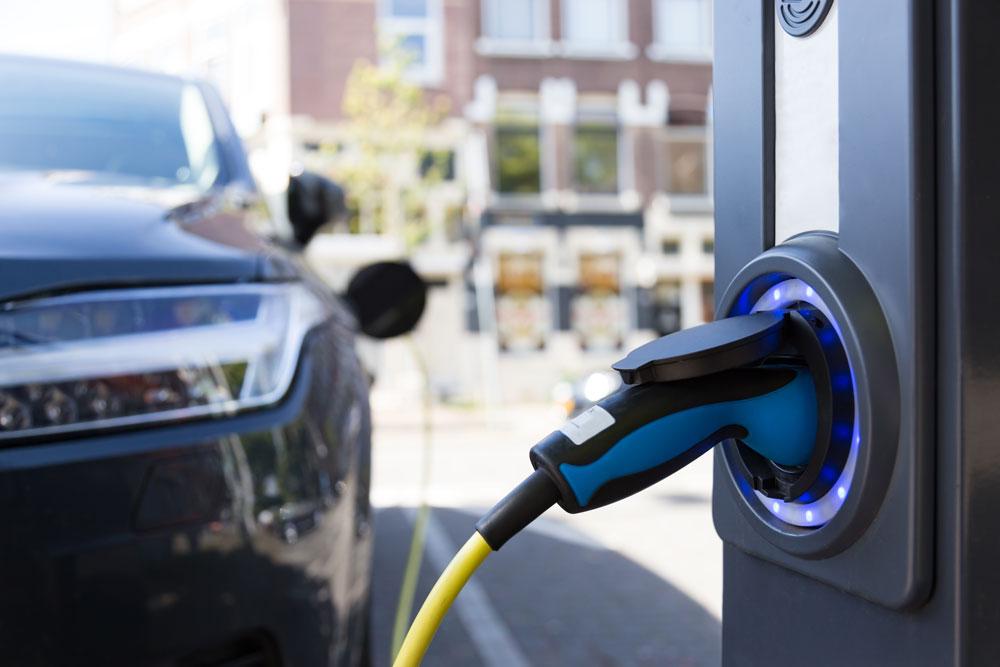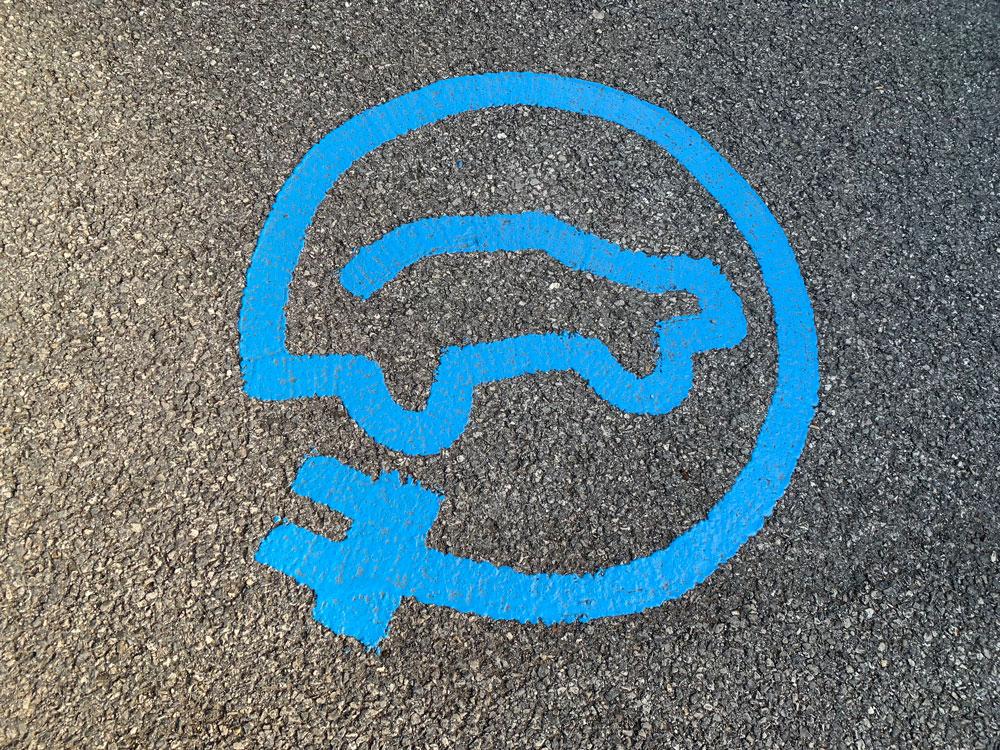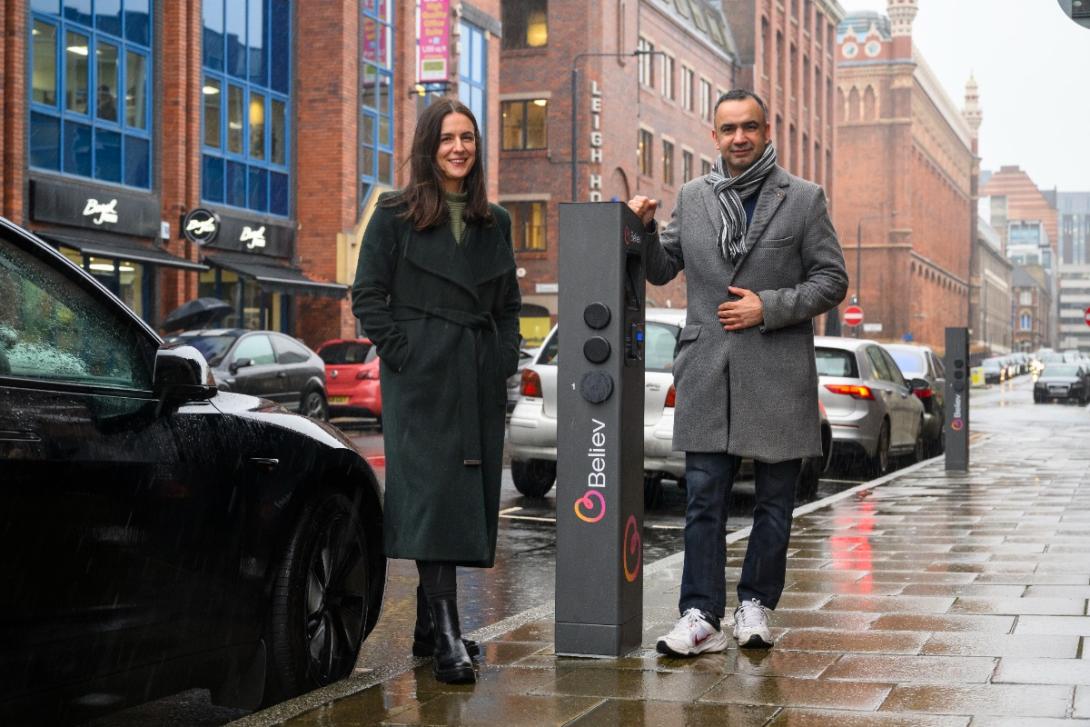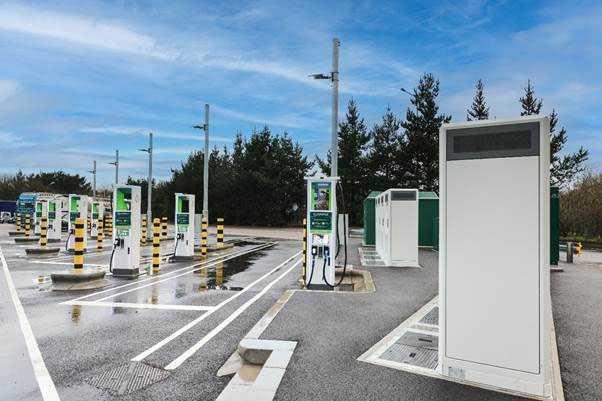The Mayor of London, Sadiq Khan has marked the start of a 2030 Electric Vehicle (EV) Infrastructure Strategy that includes a key commitment to unlocking land owned by the Greater London Authority Group and the boroughs for EV charging.
Sadiq Khan visited London Electric Vehicle Company's factory in Coventry on 15 October to announce the strategy, which will be published in full later this year.
Joined on the visit by Andy Street, Mayor of the West Midlands, Sadiq also showed his commitment to working with the rest of the country and showcase how London can help both the national pandemic recovery and the levelling up agenda.
London’s EV infrastructure now accounts for approximately a third of the UK’s total charge points and represents a 55 per cent increase in EV charging points delivered in the three years from 2019 to 2021. However, new modelling from TfL estimates that by 2030 London could need 40,000 – 60,000 charge points, of which up to 4,000 will be rapid charge points, that could fully charge a vehicle in as little as 20 minutes.
It is thought that public sector land could accommodate around 1,000 of the up to 4,000 rapid charge points London may need. It also addresses one of the biggest barriers to the roll out of further chargers in London and will enable London boroughs to unlock their land and ensure sufficient levels of charging can be achieved.
This commitment means there will soon be many more EV charge points across the capital, supporting access for all users, especially those without off-street home charging, essential travel and for high mileage users. This will also help improve the balance of infrastructure access across inner and outer London. City Hall estimates from this that the total CO2 savings from switching to EVs will be between 1.4m tonnes and 2.8m tonnes by 2030.
During his trip to Coventry, the Mayor also visited the Ultra Low Emission Zone (ULEZ) control centre at Capita, just ten days before the expansion of the ULEZ - a zone operating 24 hours a day, seven days a week, in which vehicles need to meet the strict emissions standards or their drivers must pay a daily charge to drive within the zone.
On 25 October the ULEZ will be expanding up to, but not including, the North and South Circular Road. As part of the Mayor’s wide-ranging programme to improve London’s air quality, the Low Emission Zone standards were tightened to align with the ULEZ and encourage operators of the most polluting heavy diesel vehicles driving in the capital to switch to cleaner vehicles.







